Artificial Intelligence (AI) Act: Free Software is key!
mercredi 30 mars 2022 à 01:00Artificial Intelligence (AI) Act: Free Software is key!
In the effort of adopting digital policies aligned with people's fundamental rights, the European Parliament is in the process of finding a position on the legal framework for the development and use of AI technologies. The FSFE is following this process so Free Software is included, innovation is fostered, control enhanced, and trust strengthened.
It is clear that digital technologies are advancing at a fast pace, Artificial Intelligence (AI) is no exception. Technical improvements, the accumulation of large, detailed datasets and advancement in computer hardware have led to an AI revolution. However, these technologies are a double-edged sword: they have the potential to bring benefits to peoples' lives and to the economy, but also to lead to harmful discrimination and human rights violations. That is the reason we call attention to the important role that Free Software plays in this regard. There is a need for verifiable and trustworthy AI technologies, and Free Software is crucial to achieve this. Our demands in this regard are based on three pillars; innovation, control, and trustworthiness.
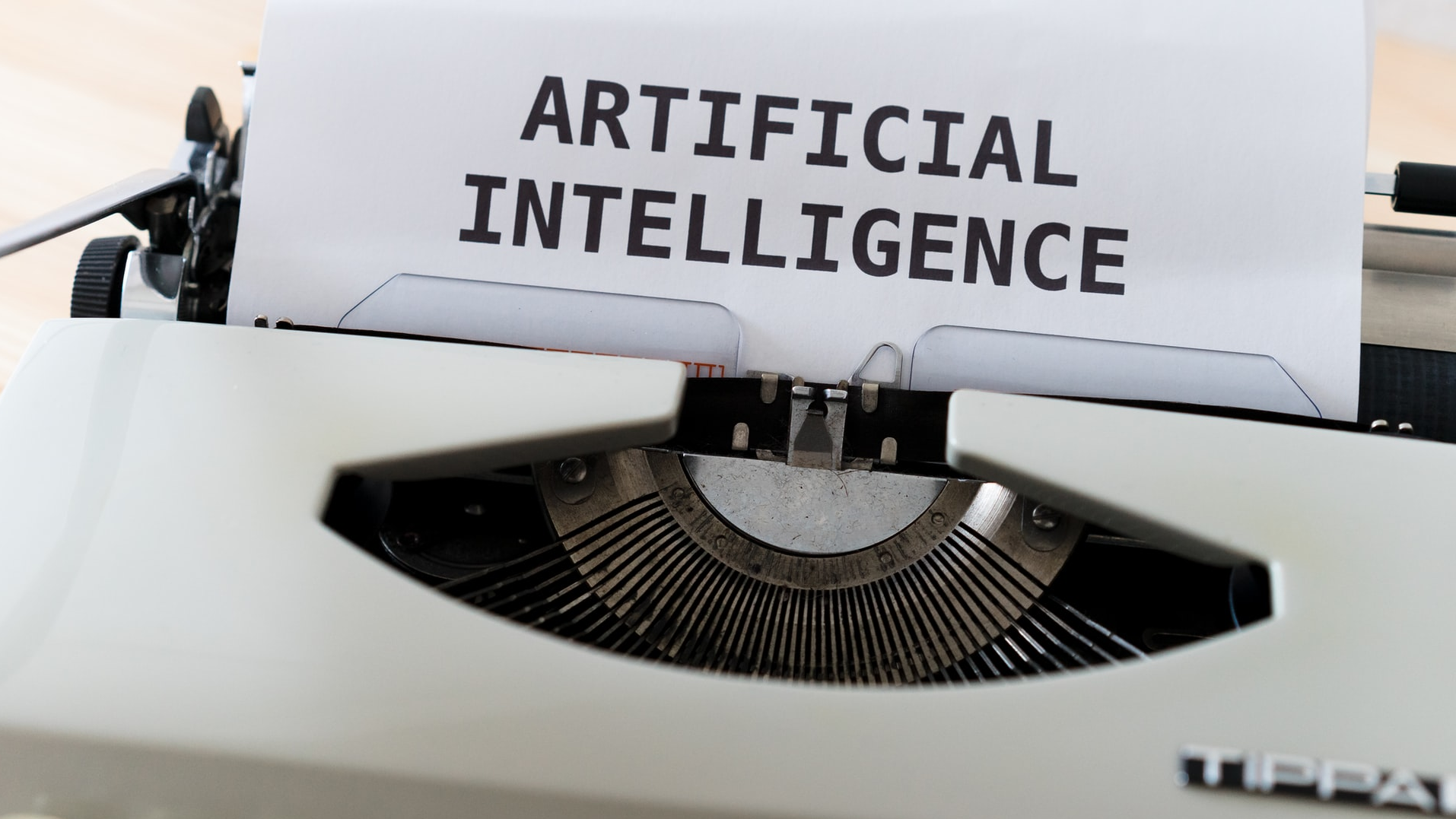 Photo credits: Cover: Markus Winkler from Unsplash / License: CC BY-SA 4.0.
Photo credits: Cover: Markus Winkler from Unsplash / License: CC BY-SA 4.0.
AI released under a Free Software license fosters innovation
The collaborative ecosystem that Free Software enhances is key for the development of robust, accurate, and innovative AI solutions. Researchers, scientists, and developers alike can focus on creating new and better AI software if they can reproduce existing work. This reproducibility is doable thanks to the freedoms that Free Software offers (to use, to study, to improve, to share) and constitutes the heart of the scientific process: the creation of new knowledge from what already exists. Not to mention the advantages that this collaborative ecosystem can have in interoperability and cost savings.
"We have already seen how global problems require global solutions. Thanks to Free Software, existing solutions in one country can be adopted in another one which saves duplication of work and time, while it enables a higher auditability and inspection of the source code", says Lina Ceballos, FSFE Policy Project Manager.Free Software enhances control over AI
Understanding the factors that lead to predictions in AI technologies is important not only for transparency but also for further improvement. Free Software allows everyone to run and test the AI to understand how it works and to identify potential risks that can be fixed if the four freedoms are granted. The right to improve the software is closely related to the avoidance of vendor lock-in. This means a boost in Europe's innovation capacity and competitiveness in this field.
"From self-driving cars to predictive policing to healthcare - we need to stay in control of technology. The four freedoms of Free Software help enhancing the auditability on the AI, thus it allows us to have control over it", adds Alexander Sander, FSFE Policy Consultant.Free Software strengthens trust on AI technologies
AI predictions are subject to errors, which can sometimes even violate fundamental rights. By putting the AI under the oversight of everyone, these perils can be identified and fixed, thus having a positive impact on the trustworthiness of the AI. Trust will enhance the promotion and uptake of these technologies. The freedoms granted by Free Software lay the groundwork for an ecosystem in which acknowledging the potential of AI and control over it can converge.
Lina Ceballos explains "In decision-making processes led by AI, human oversight is highly critical. This auditability is viable if people have the right to use, study, share, and improve the software. In this regard, the openness that Free Software offers is crucial in the development of AI technologies and their compliance with fundamental rights obligations".FSFE's involvement in the European legislative process of AI Technologies
Already for five years, the FSFE has been demanding with its Public Money? Public Code! initiative that publicly financed software must be made publicly available under a Free Software licence. Publicly financed AI technologies also fall under this scope.
We are requiring that public procurement, as well as in-house development, encourage Free Software AI and digital solutions to be used in the public but also private sector. Therefore, public authorities using AI systems should make them publicly available. These demands also apply to public research and public institutions inventing, using, or procuring AI systems.
Thus, with the intention of bringing our demands into the discussion in the European legislative process, we have prepared a dedicated document for decision-makers, with more elaborated arguments on the use of Free Software in AI technologies, which highlights the benefits that Free Software can offer to this crucial regulation.
AI technologies are showing us already the potential that they have to become an important aspect of our daily lives. Therefore a well-thought-out AI legislation that acknowledges the advantages of Free Software is needed. This set of rules will define the framework in which AI technologies can be used and developed. Thereby Europe can become fit for the digital age without undermining our ability to control technology.
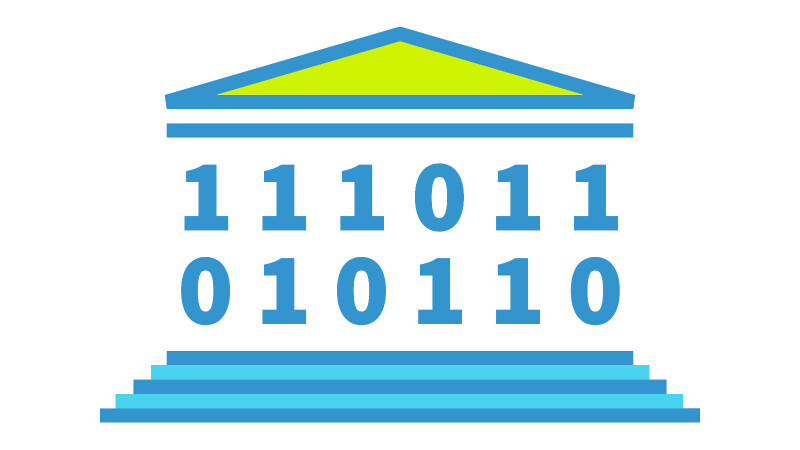 digital sovereignty
"The right goal in the coalition agreement to advance digitisation through the use of Free Software must also be
reflected in the government's concrete actions. Otherwise, there is a risk of cementing dependencies on individual vendors and
losing sovereignty and innovative power. Digitisation that focuses on independence, sustainability, crisis resistance and economic
success can only be achieved through the implementation of Free Software. The traffic light coalition is called upon to provide
necessary funds in the federal budget to prevent digitalisation from failing," explains Alexander Sander, Policy Consultant at FSFE.
digital sovereignty
"The right goal in the coalition agreement to advance digitisation through the use of Free Software must also be
reflected in the government's concrete actions. Otherwise, there is a risk of cementing dependencies on individual vendors and
losing sovereignty and innovative power. Digitisation that focuses on independence, sustainability, crisis resistance and economic
success can only be achieved through the implementation of Free Software. The traffic light coalition is called upon to provide
necessary funds in the federal budget to prevent digitalisation from failing," explains Alexander Sander, Policy Consultant at FSFE.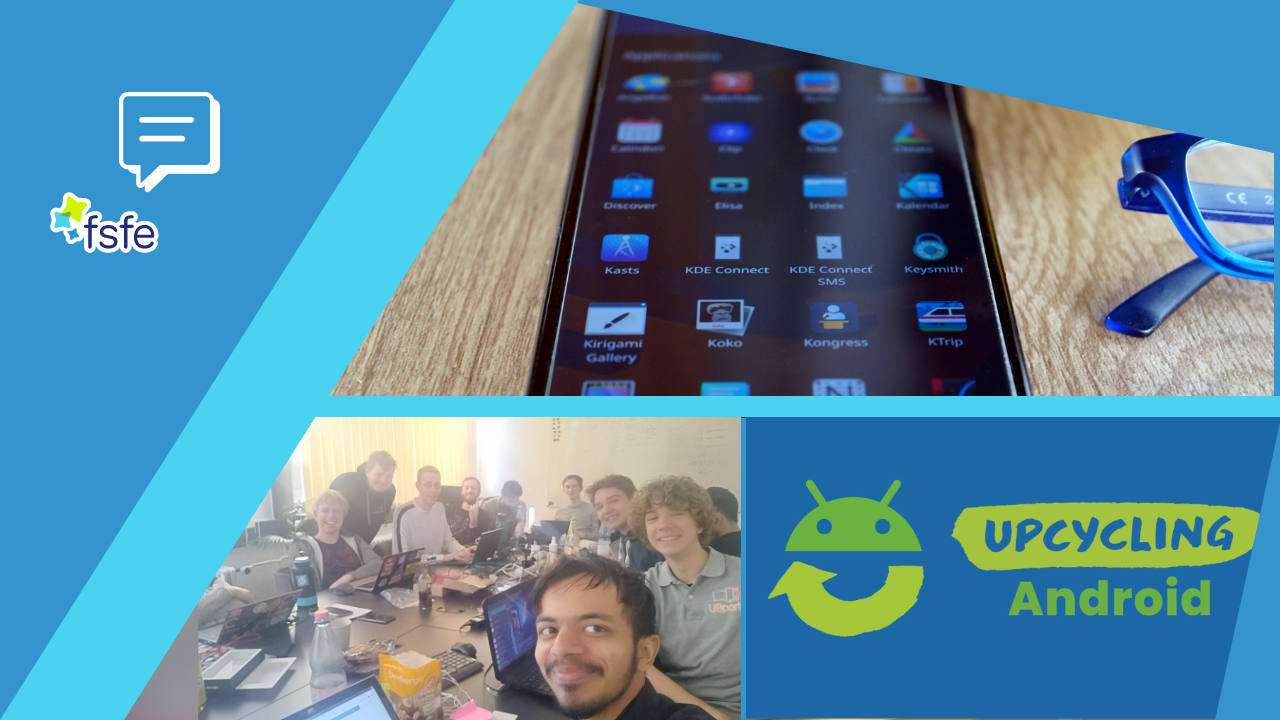
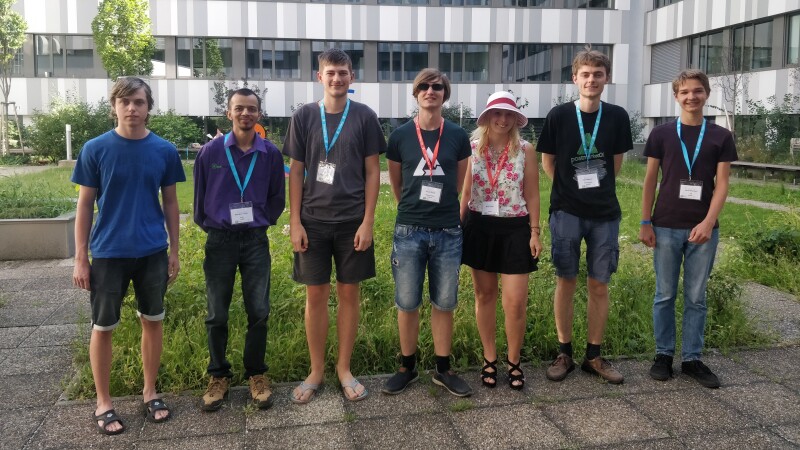 Bhushan Shah (second from left) in Akademy, the annual world summit of KDE.
Bhushan Shah (second from left) in Akademy, the annual world summit of KDE.
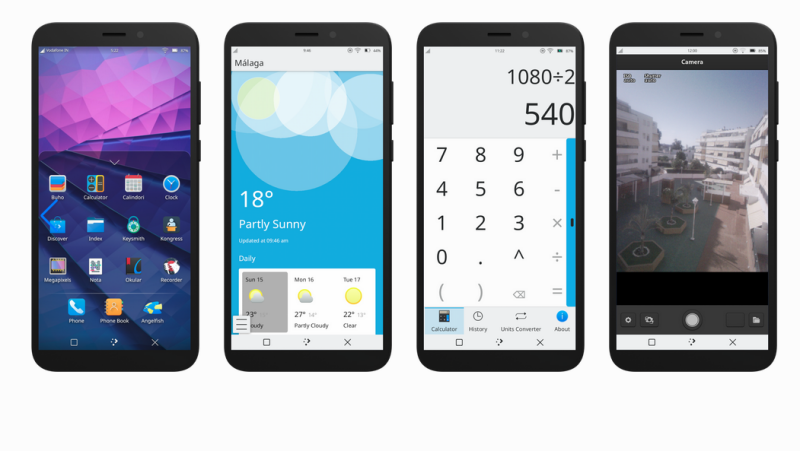 Screenshots of Plasma Mobile
Screenshots of Plasma Mobile
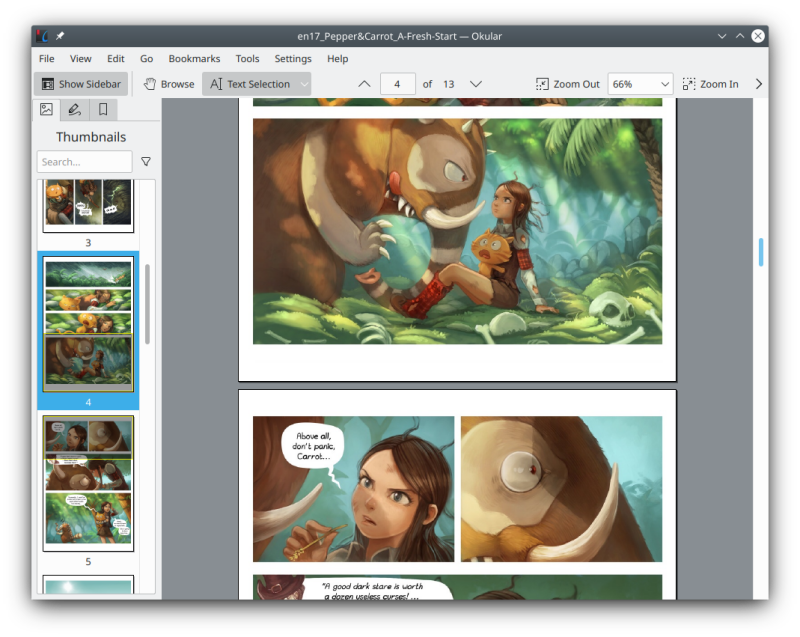 Capture d'écran de l'application Okular de KDE, illustrations de
Capture d'écran de l'application Okular de KDE, illustrations de  Capture d'écran de notre
Capture d'écran de notre